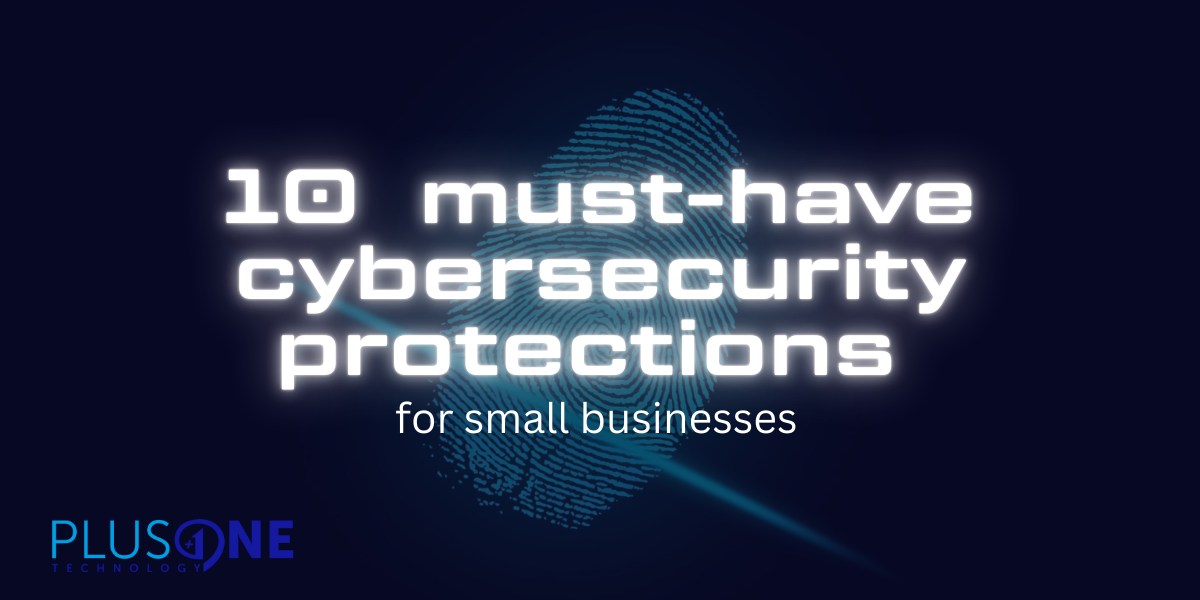In today’s digital age, cybersecurity has become a critical concern for businesses of all sizes. Small and medium-sized businesses (SMBs) are particularly vulnerable, as they often lack the resources to implement comprehensive security measures. However, there are essential cybersecurity protections that every SMB should have to safeguard their data and operations. While this list is not exhaustive, it provides a solid foundation for building a robust cybersecurity strategy.
1. Two-Factor Authentication (2FA) on Every Account Possible
Two-factor authentication (2FA) adds an extra layer of security by requiring users to provide two forms of identification before accessing an account. This significantly reduces the risk of unauthorized access, even if passwords are compromised. SMBs should enable 2FA on all accounts where it is available.
2. Endpoint Detection and Response (EDR) and Managed Detection and Response (MDR) Solutions
EDR and MDR solutions are essential for protecting endpoints—such as computers, servers, and mobile devices—from cyber threats. These solutions monitor, detect, and respond to suspicious activities, providing real-time protection and minimizing the impact of potential breaches.
3. Email Security and Filtering Solutions
Email remains one of the most common vectors for cyberattacks. Implementing email security and filtering solutions helps to prevent phishing, malware, and spam from reaching employees’ inboxes. This reduces the likelihood of successful attacks and protects sensitive information.
4. Annual Cybersecurity Awareness Training for Every Employee
Human error is a significant factor in many cybersecurity incidents. Providing annual cybersecurity awareness training ensures that employees understand the latest threats and best practices for staying safe online. This empowers them to recognize and avoid potential risks.
5. A Managed and Monitored Network
A managed and monitored network provides continuous oversight of network activities, enabling quick identification and response to anomalies. This proactive approach helps to prevent unauthorized access and ensures that network performance remains optimal.
6. A Managed, Monitored, and Tested Backup Solution
Data loss can have devastating consequences for SMBs. Implementing a managed, monitored, and regularly tested backup solution ensures that critical data can be quickly restored in the event of a cyberattack, hardware failure, or other disaster.
7. Monitored and Managed Endpoints Including Managed Patching
Keeping software and systems up to date is crucial for maintaining security. Managed patching solutions ensure that all endpoints are regularly updated with the latest security patches, reducing vulnerabilities and protecting against known exploits.
8. A Completed Annual Risk Assessment
An annual risk assessment helps SMBs identify potential cybersecurity threats and vulnerabilities. By understanding their risk landscape, businesses can prioritize and implement appropriate security measures to mitigate these risks.
9. Dark Web Scanning and Monitoring
Dark web scanning and monitoring services search for sensitive information, such as login credentials and personal data, that may have been compromised and are being sold on the dark web. Early detection allows SMBs to take swift action to protect their assets.
10. An MSP Partner for Support and Oversight
Partnering with a managed service provider (MSP) gives SMBs access to expert cybersecurity support and oversight. An MSP can help implement and manage the above protections, ensuring that the business remains secure and compliant with industry standards.
In conclusion, while this list is not exhaustive, it provides a great starting point for SMBs looking to enhance their cybersecurity posture. Implementing these ten protections will significantly reduce the risk of cyber incidents and help safeguard the business’s future. Remember, cybersecurity is an ongoing process, and staying vigilant is key to maintaining a secure environment.







